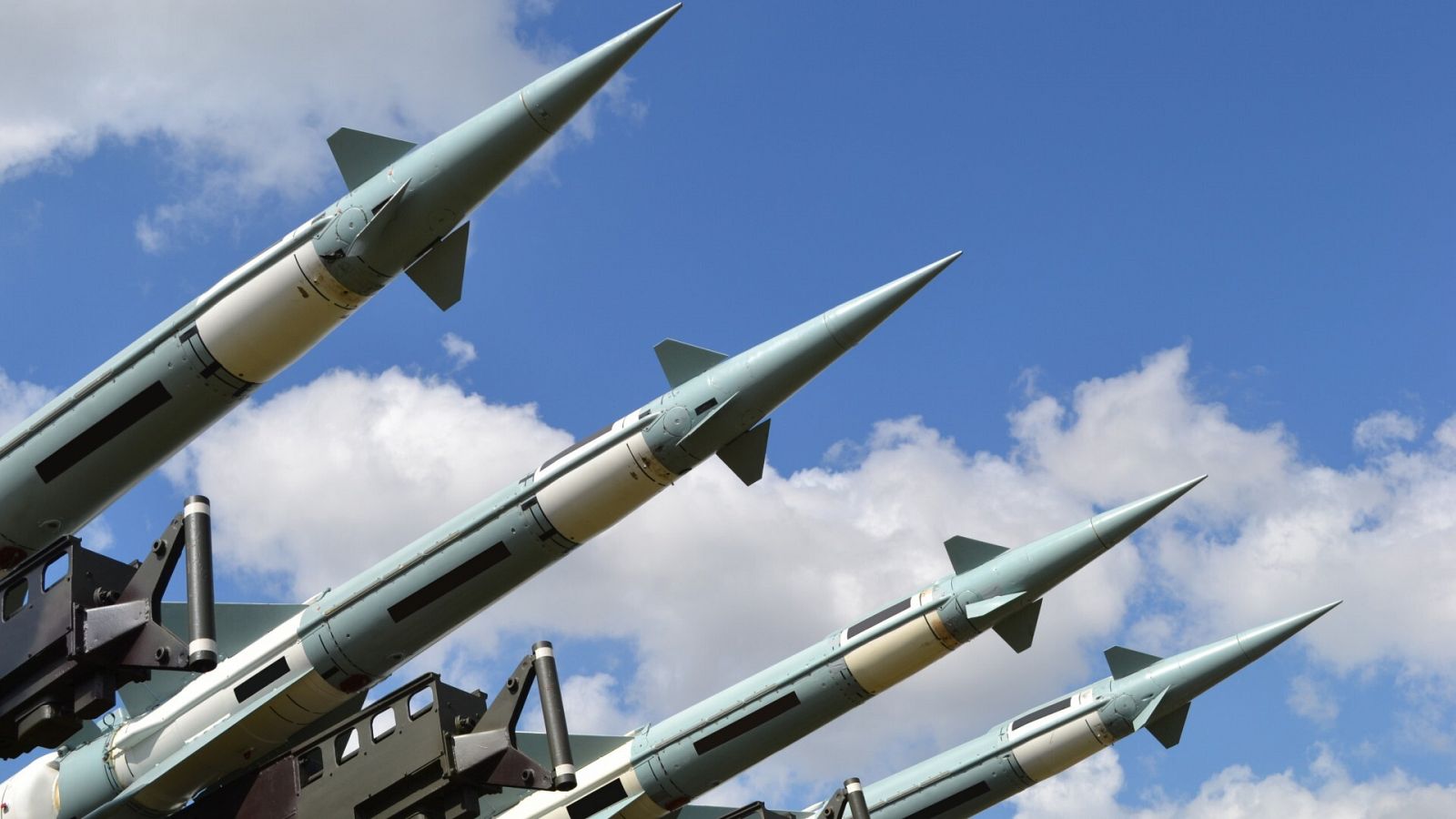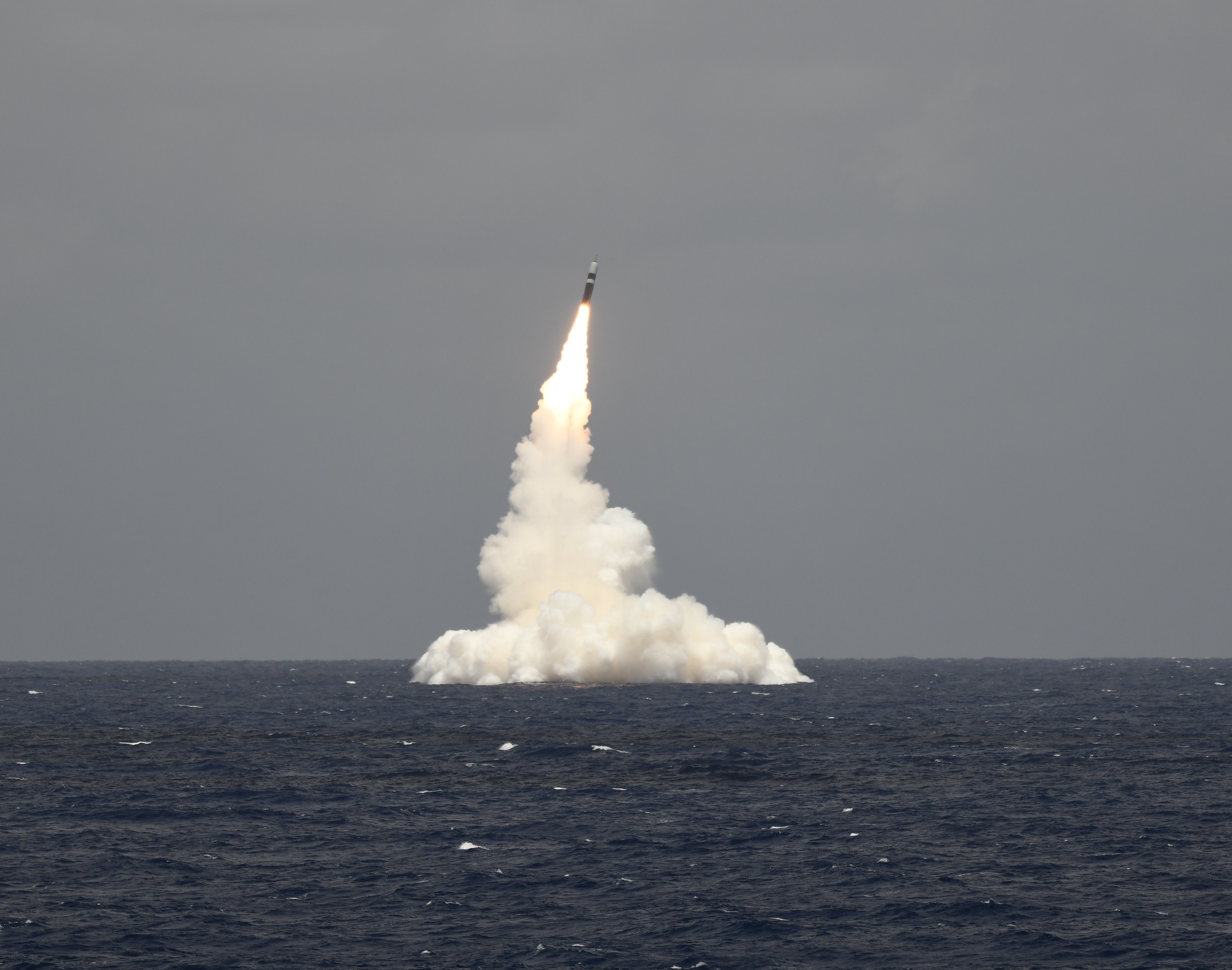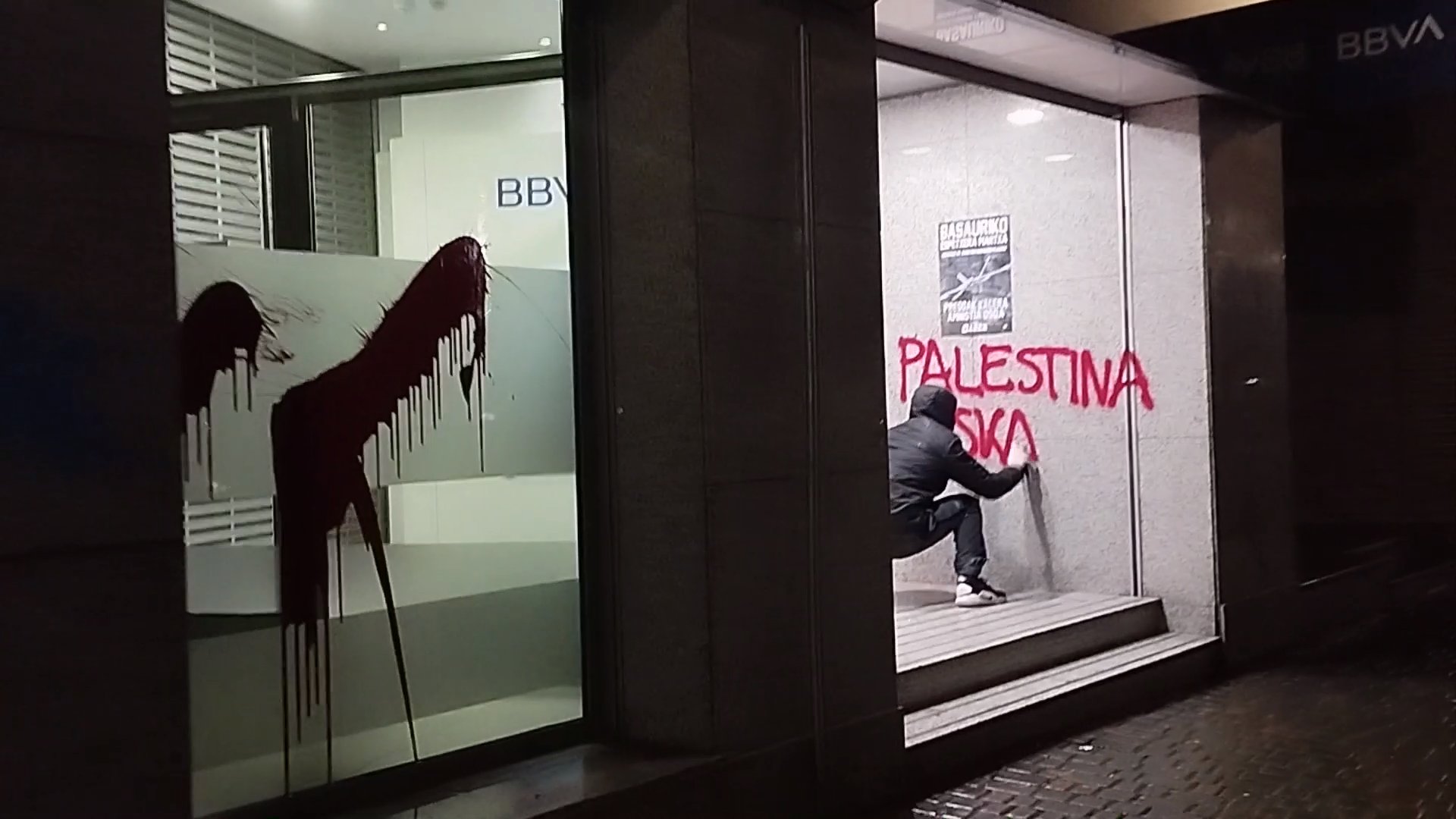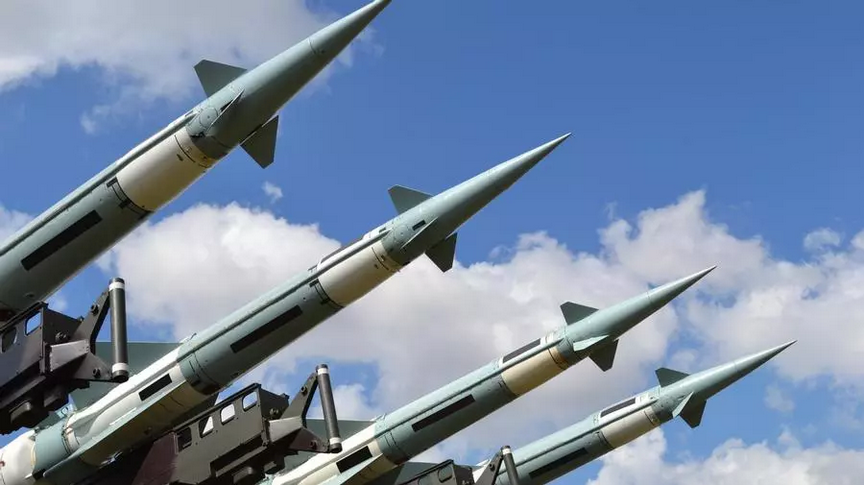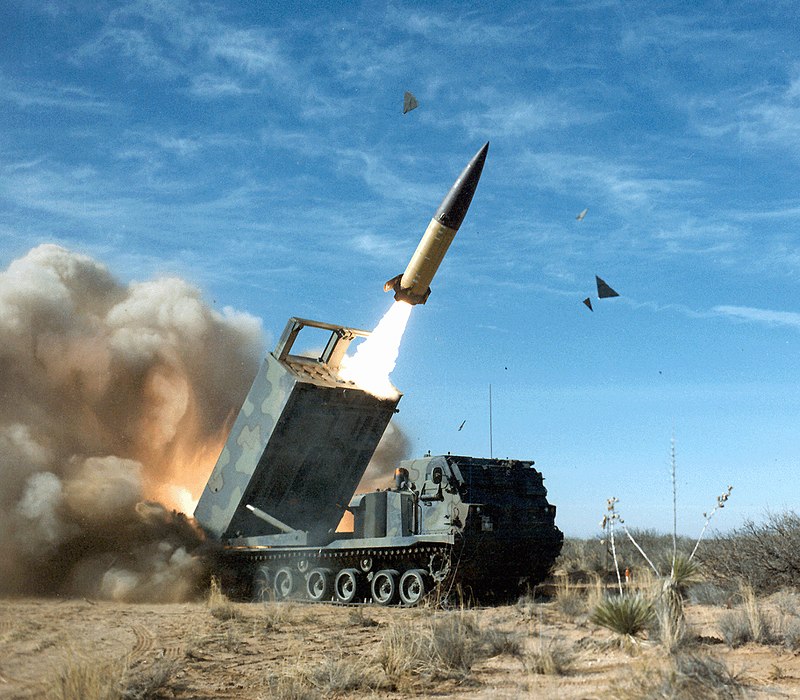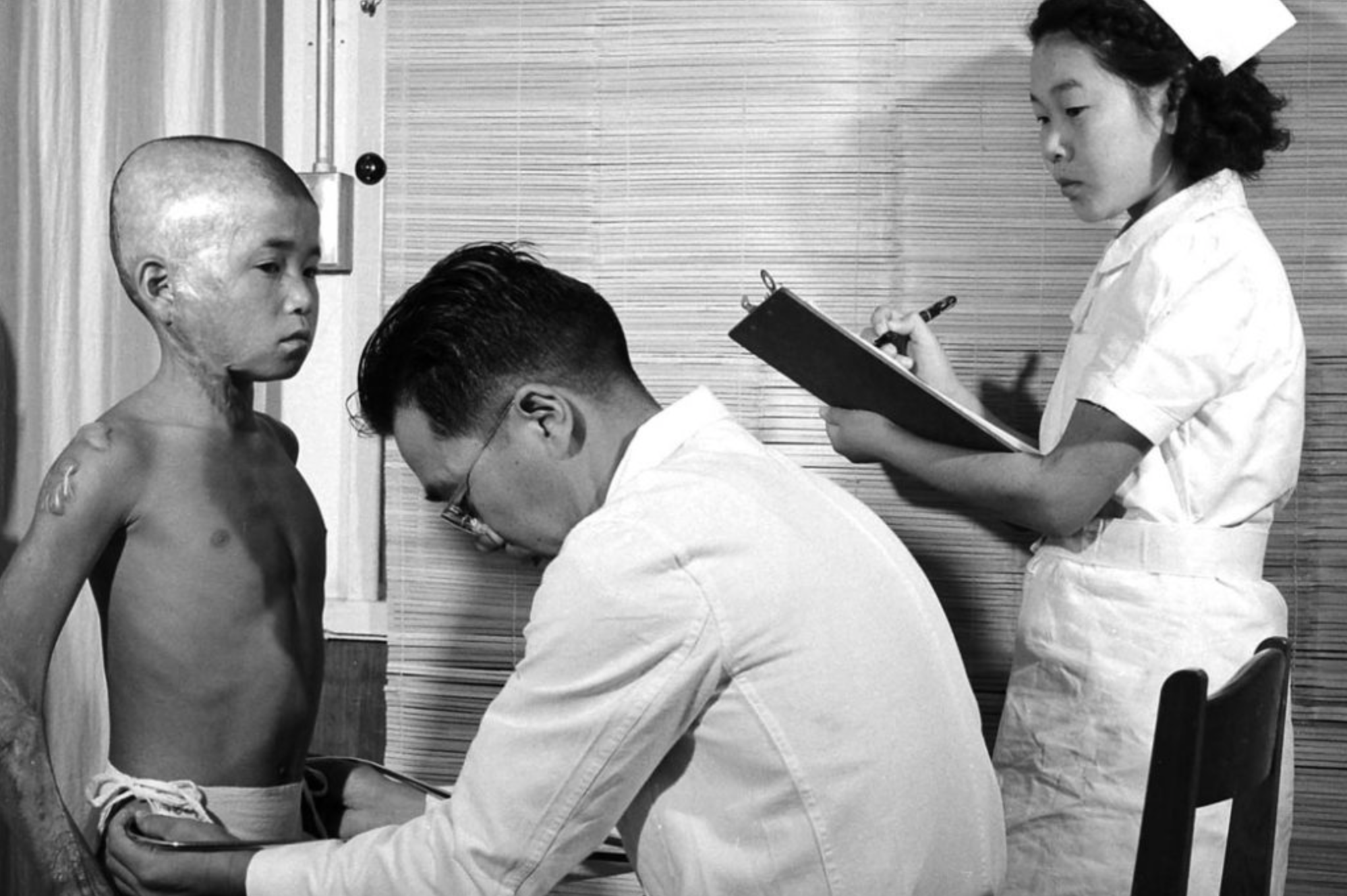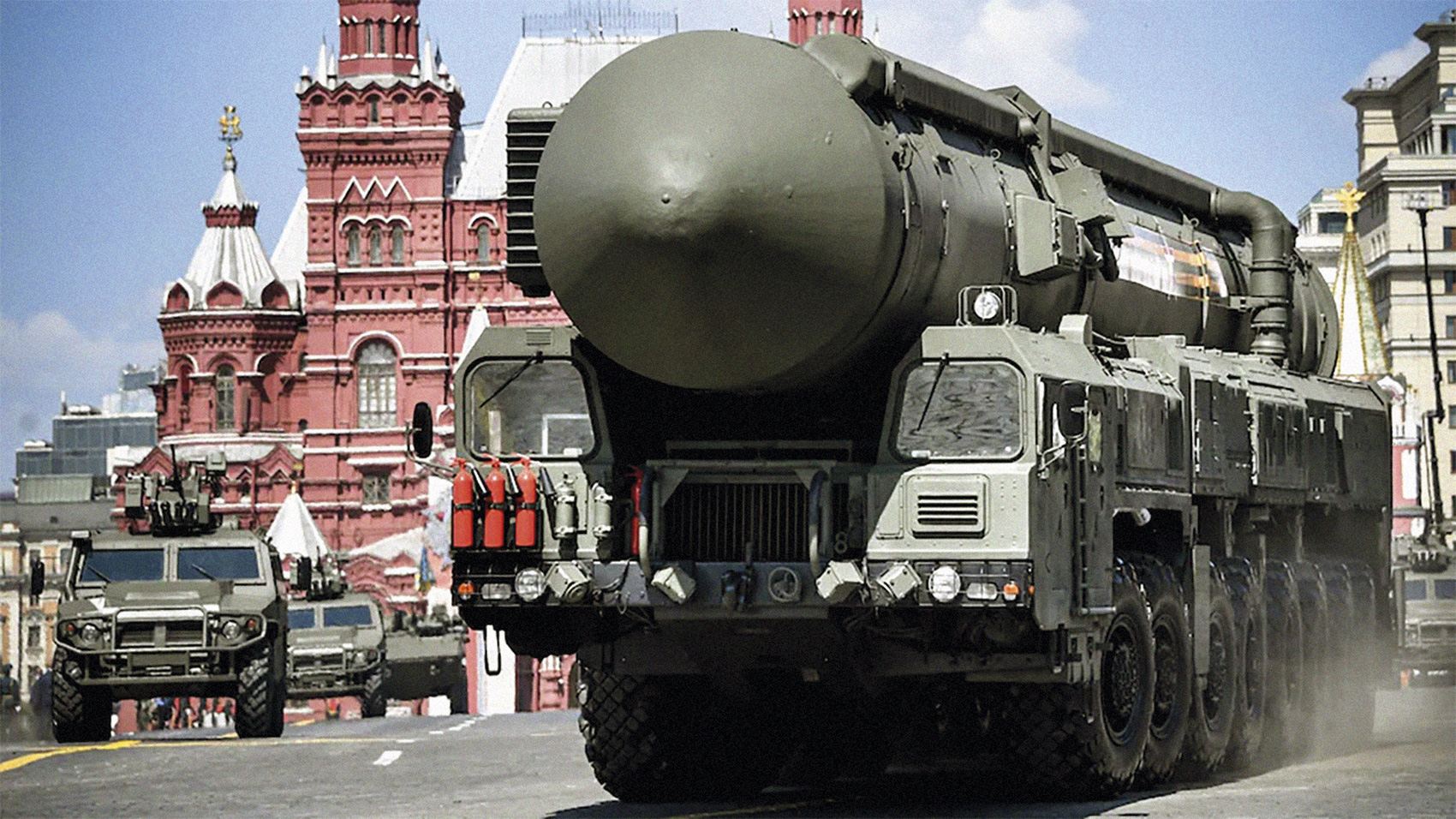It could be 2017 (or not) the year the UN will ban atomic weapons
- The United Nations General Assembly can take a historic decision this December: if the Disarmament and Security Commission ratifies by a majority on 27 October, the negotiation of the treaty banning atomic weapons around the world will begin in 2017. Will the powers that voted against, including Spain and France, which represent us Basques, succeed in breaking it down?
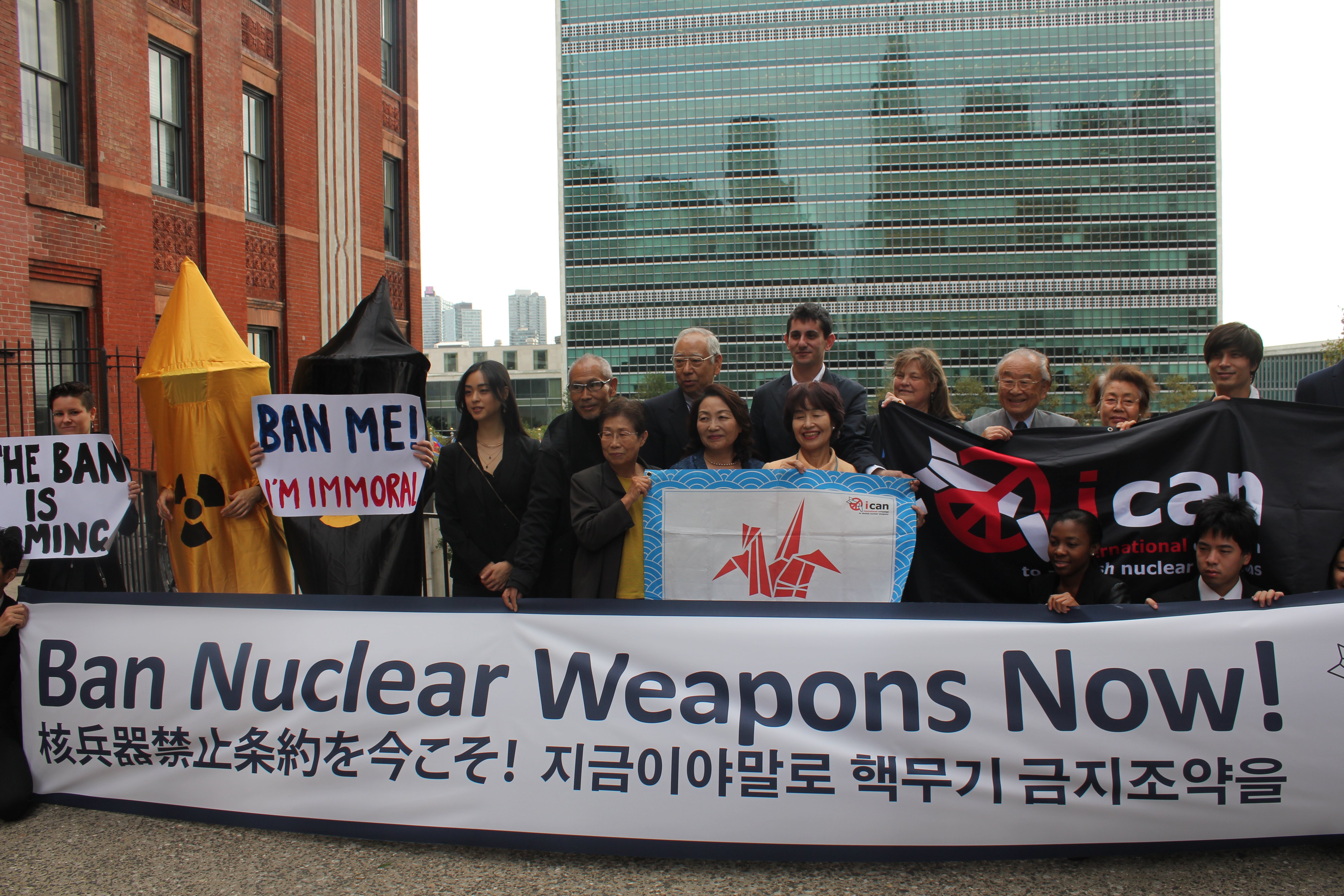
A total of 82 Members of the French Parliament and 19 Senators have signed – so far – the request for citizens to vote in a referendum on the arms ban micas.Para that the referendum be held must be signed by 185 Members and Senators before the summer of 2017. This initiative is intended to force the French States to vote in favour of atomic weapons at the UN.
After many years of work, on 27 October the UN Disarmament and Security Council voted to turn the ban on nuclear war into a treaty, 123 states gave the yes and the nuclear powers committed themselves to the no. These include France, which already has an atomic bomb, and Spain, which, being part of NATO, is involved in the use of nuclear weapons, representing Basques in the UN.
Although it has hardly been mentioned on this occasion in the main media, in December the debate is going to give a bigger show. The matter will now be put to the vote of the UN General Assembly and if the proposal is adopted, negotiations will begin in spring 2017. Important detail: Quite different from what is happening in the Security Board, in the General Assembly the great powers are not entitled to veto. Yes, I prefer, they have many other instruments to put pressure on the most vulnerable countries.
On the basis of the Non-Proliferation Treaty (NPT Non-Proliferation Treaty), adopted in 1968, the debate has now been put on the table for the first time to address the issue as a whole, namely, the prohibition of all activities of use, location, production, transport, stockpiling and financing of nuclear weapons.
If the NPT was intended not to multiply weapons, in 1968 that has been left in hollow paper by the countries that have been able to do so. The case of Israel is famous, almost everyone knows that it has a few hundred nuclear warheads, making a quiet gesture with the NPT, but also the NPT signatories have continued to produce new weapons and modernize the old ones. If the new pact becomes a reality, both those who have signed the NPT and those who have not signed it, they will all have a clear legal obligation to dismantle not only the prohibition on the creation of new weapons, but the prohibition on the creation of new weapons.
For six years, peaceful movements and personalities mobilizing against the atomic war have done a black job of reaching the historic vote in October. Peaceful and green activist Rebecca Johnson has explained at Open Democracy that over 440 social organizations from 98 countries have participated in the International Campaign for the Prohibition of Nuclear Weapons (ICAN), led by 15 Nobel Prizes.
These are the ones that have managed to add to the intention of some states that do not have nuclear weapons: Austria, Brazil, Ireland, Mexico, Nigeria and South Africa have been the countries that have promoted the UN Council decision, with 57 more endorsements. 38 countries voted against and 16 abstained.
In the weeks before the vote, the parliaments of Norway, the Netherlands and Belgium asked their governments not to oppose the negotiations, but only the Dutch managed to get their government to abstain at least. In the European Parliament he also won the vote in favour of the negotiations, but the NATO governments voted against in the bloc. There has been no great news in the parliaments of Pamplona, Vitoria and Madrid, where scenes of violence have been recorded.
Avoiding the nuclear apocalypse
“The prohibition and destruction of nuclear weapons is one of the global priorities. The UN General Assembly has a great opportunity to get closer to that and should not fail us.” This was written in a public gallery by the International Doctor for the Prevention of Nuclear War, the World Association of Physicians, the International Nursing Council and the highest representatives of the World Federation of Public Health Associations.
It can be read in the document: “The risks posed by atomic weapons are unacceptable, the only sure way to avoid an unthinkable catastrophe is to completely dissolve them. A single nuclear weapon can destroy an entire city making it impossible for the majority of its inhabitants to die and help the survivors. A nuclear war could kill more people in the Second Congress of Deputies in one hour. More than they killed throughout the World War.”
Experts have recalled that if they erupted in cities, nuclear bombs would cause large fires with environmental shocks that could last a long time, destroying the Earth's climate and the fertility of agriculture. Crushing the only 1% of atomic weapons in the world today would leave 2 billion people at the mercy of hunger.
The great powers accumulate over 15,000 nuclear weapons that would submerge the Earth in the nuclear winter in a war, leaving the survivors at the mercy of damage that will last for generations by irradiation, destroying any infrastructure to rebuild human life after the war, threatening all ecosystems and endangering the extinction of mankind.
These apocalyptic images of nuclear wars are certainly not mentioned much for a long time. And yet, today, the atomic weapons of the great powers are much more numerous and more violent than they were in 1968, when the Non-Proliferation Treaty NPT was signed. If chemical and biological weapons have been banned, what is the non-nuclear agenda?
In addition to the nine states that own atomic bombs, their allies have also voted against the proposed ban on Ukraine. Russia and the major powers of NATO said that the proposal would have an opposite effect, weakening the non-proliferation pact.
Among the Contrarians, there has been much mention of the subbobra that the right-wing Australian government has made by picking up the "no". Their argument is that, since the proposal is not accepted by the countries that actually have bombs, until this is amended, it is necessary for the Australians to protect American nuclear weapons.
Russia, the United States, China, Israel, the United Kingdom, France -- they have tried over these years to ignore the prohibitive proposals and then boycott all the steps. What are you going to do in 2017 to turn the ban into law? As a nuance, Japan, which has voted against scandalously, which suffered the fire of the atom in Hiroshima and Nagasaki, has promised at least that, if the UN General Assembly finally approves the proposal, it will also participate in the negotiations.
Arma nuklearren produkzioarekin, mantentze lanekin eta modernizazioarekin loturak dituzten hainbat enpresa aztertu dituzte, eta horien artean agertzen dira BBVA, Santander bankua eta SEPI.
Japan, 6 and 9 August 1945, the United States launched an atomic bomb causing tens of thousands of deaths in Hiroshima and Nagasaki; although there are no precise figures, the most cautious estimates indicate that at least 210,000 people died at the end of that year. But in... [+]
On the occasion of the Hiroshima G7, the temptation to say again what Marx has made us repeat too many times, putting us in the mouth of Hegel, is not a fool: “Hegel says that all the great events and characters in universal history appear twice, but he forgot to say: once as... [+]











